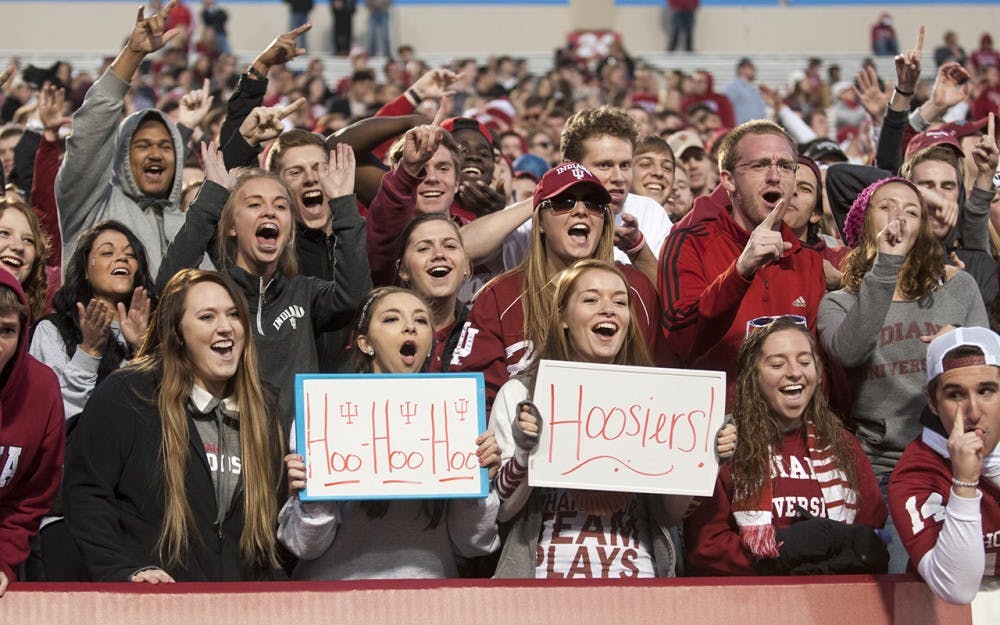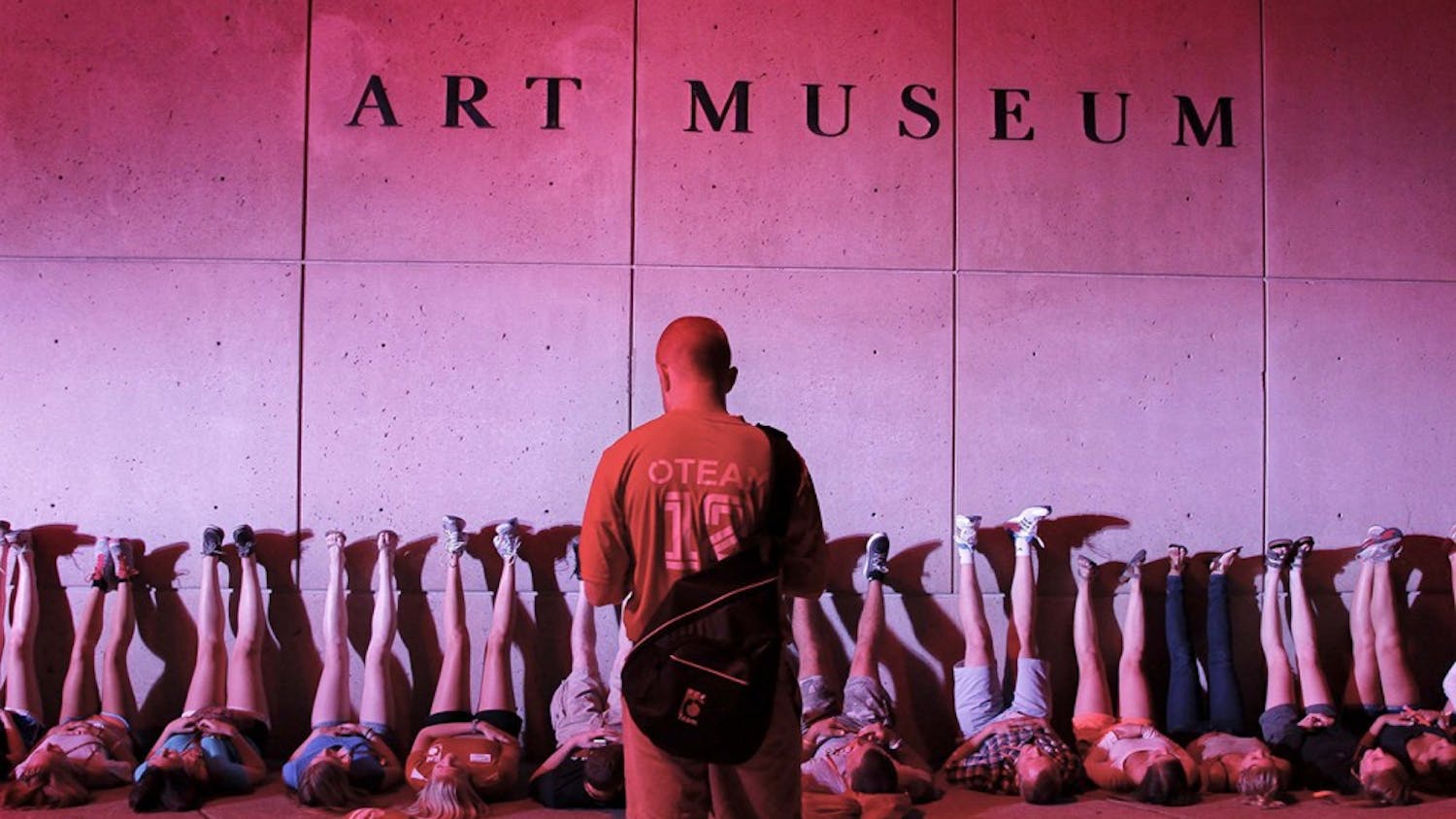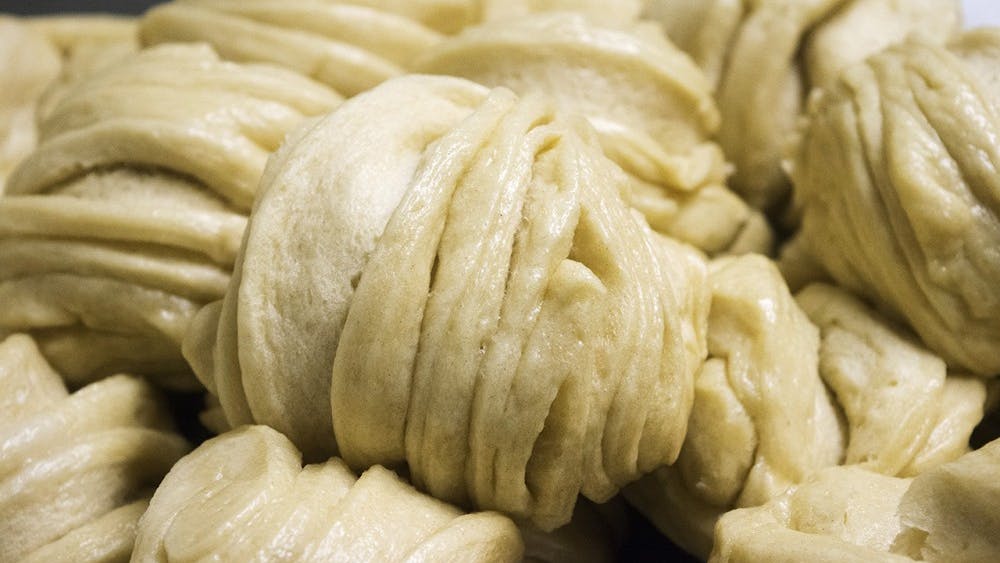The bright crimson trident that represents IU is symbolic of the Indiana Hoosiers, but for many, it is hard to pinpoint what a Hoosier is. There is no consensus on the word’s origin, and its meaning still provokes debate today.
According to the University’s website, a Hoosier is not a mascot, animal, a bird or a mythical creature of any description.
“A Hoosier is a proud member of the IU family,” the site said.
On campus, the Hoosier identity encompasses anyone and everyone, from athletes to professors to musicians. While IU’s campus is composed of many people from around the country and world, the Hoosier identity is the common factor among students and faculty alike.
Indiana natives have referred to themselves and their neighbors as Hoosiers for decades. However, just this January, the U.S. Government Publishing Office officially declared Indiana residents to be Hoosiers. The name Hoosiers was selected instead of previously used terms such as Indianans.
“I’m glad that the federal government has agreed to our change and will now call us what we call ourselves, Hoosiers,” Sen. Joe Donnelly, D-Indiana, said in a video about the name change. “It’s been a long time coming.”
On Jan. 12., Donnelly and Sen. Todd Young, R-Indiana, announced the new official name to the public. Young said the Hoosier identity is who we are, not just the title of a classic movie or a name for IU athletic teams.
However, the idea of a Hoosier and where the word came from is unclear. Hoosier first became a part of the vernacular around the 1830s, according the the Indiana Historical Society, and in 1848 Hoosier was defined by Bartlett’s Dictionary of Americanisms as someone residing in Indiana.
Jeffrey Graf of the Reference Services Department at Herman B Wells Library compiled a report titled “The Word Hoosier” detailing the history of the term Hoosier.
Hoosier used to mean “hick” or “unskilled fellow,” according to Graf’s report which was last updated in July.
Graf points to Jacob Piatt Dunn as an early expert on the Hoosier namesake. Dunn served as the secretary of the Indiana Historical Society and published three articles in the early 1900s.
In Dunn’s studies of the etymology of “Hoosier,” he found three common characteristics of it, Graf said in “The Word Hoosier.”
Hoosier was used to describe unsophisticated people, had a Southern origin and was intended to be applied to the people of Indiana, though there is some conflict over the third point.
“The third characteristic, he finds, is true for many of the explanations, but untrue of the word itself, for it had long been used in the south as a derogatory term for a rough countryman,” Graf wrote in the report. “His correspondents assured him, too, that the term continued in its use and meaning at the time of his research, without reference to Indiana.”
While there may not be a definitive conclusion anytime soon on where “Hoosier” is from and what it truly means, students will continue to cheer “Hoo, Hoo, Hoo, Hoosiers,” at basketball games, football games and many other sporting events. Hoosier pride, too, will likely remain unchanged.






